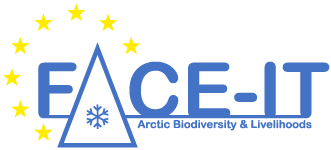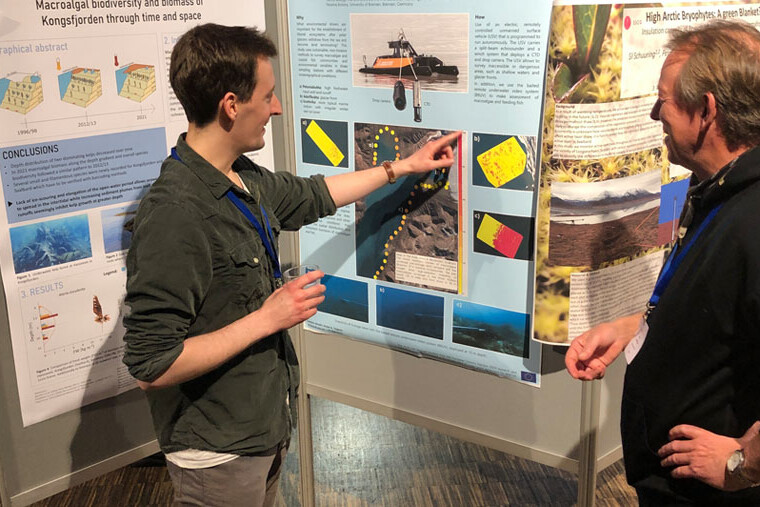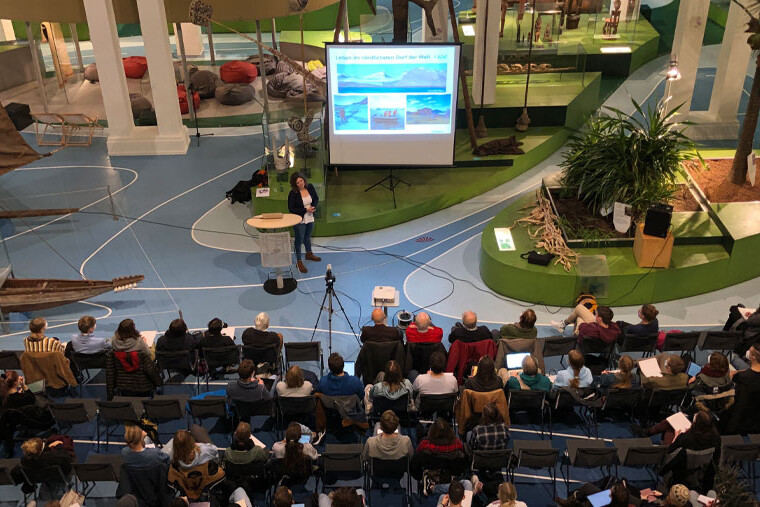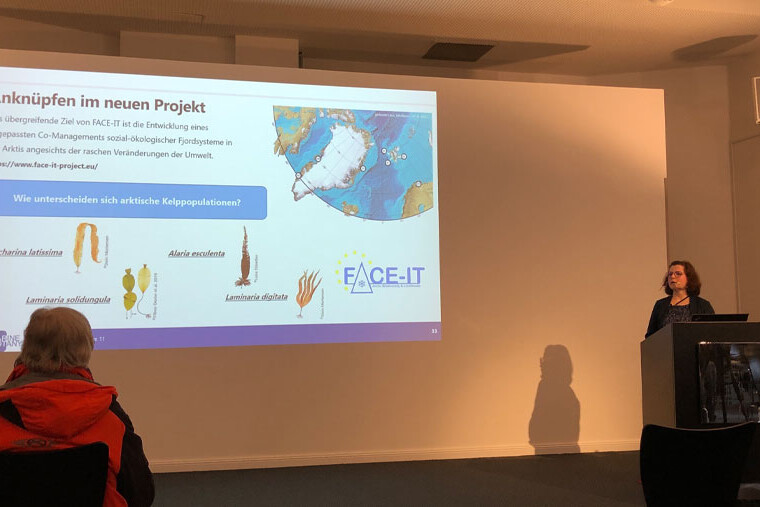The links to international governance, including policy development in the EU, will be explored with a policy dialogue. The process, thus, builds on co-production of knowledge involving relevant and gender balanced local and Indigenous knowledge holders, management and government agencies, and policy makers across governance levels, which serves as an approach for facilitating the transdisciplinary synthesis across all other parts of FACE-IT and the long-term systems thinking that is essential for adaptive co-management and for developing salient, legitimate and relevant policies and management practices for adaptation in fisheries and the tourism industry.
Combining the policy dialogue with outreach activities provides a focused approach to engaging in scientific, public, and policy debate. It includes dissemination of high-quality scientific information to national, European and international bodies concerned with Arctic change and its consequences for biodiversity and ecosystem dynamics, sustainable development, and coastal management. The aim is to reach a larger audience of experts active in various relevant policy settings and processes, including the EU Commission and EU Parliament, government ministries and agencies in Arctic Council member and observer countries, Indigenous Peoples’ organizations, international organizations, and NGOs. The policy dialogue will specifically support the interaction between the project and policy makers at the EU and international levels, activities aimed at academic and upper-level student audience across disciplines and making up-to-date scientific information available to the general public.
The activities in this part of the project will complement all research on food provision and livelihoods, on nature-based tourism as well as the transdisciplinary synthesis for communicating with local, regional and national target audiences (in case study communities and authorities involved in management). Means of communication include local workshops, policy dialogues, policy briefs and briefings, scientific publications, media and popular science outreach, along with a dedicated website and active social media presence.



